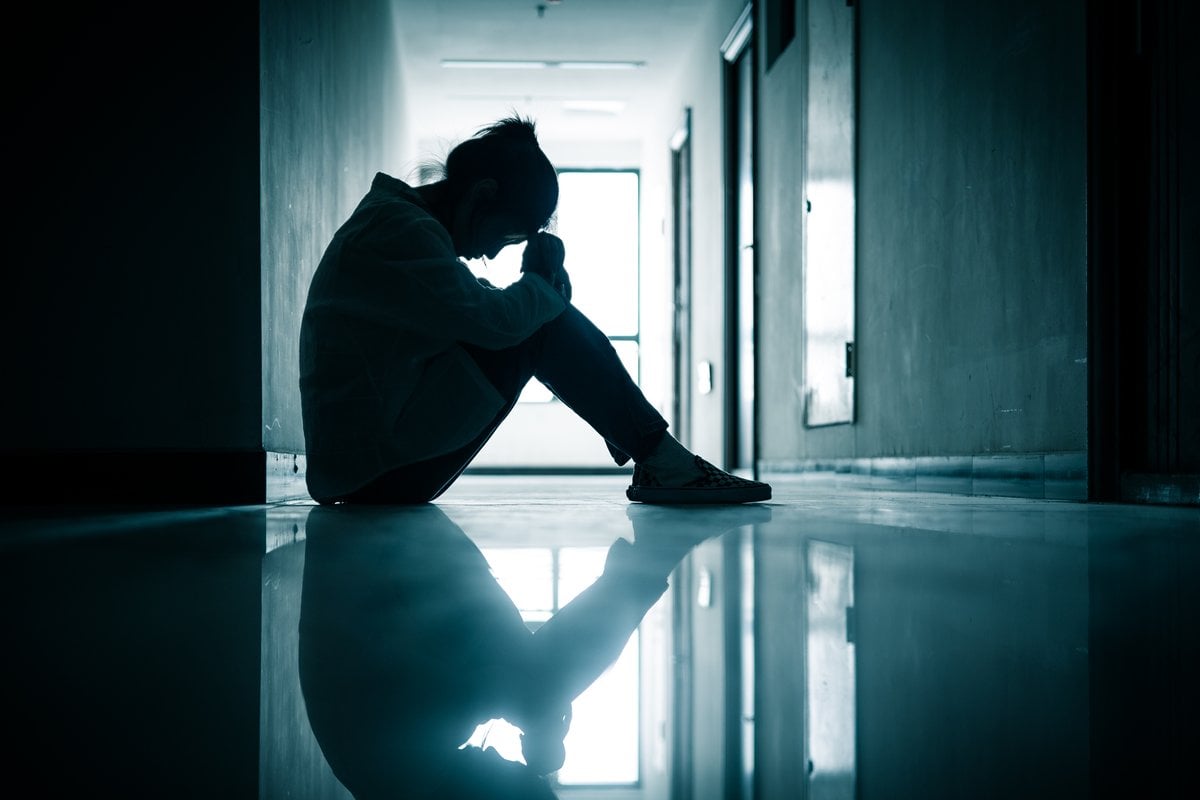
Content warning: This story includes descriptions of domestic violence that may be distressing to some readers.
I finally left when he told me he was going to set himself on fire.
Threats and violence were standard daily behaviour, but because he blew hot and cold – like typical narcissists – I hung in there thinking things would get better.
One minute he’d be offering to buy me dinner, then another, hurling abuse and screaming in my face, punching walls, scaring the kids by revving the car with them in it, and stamping on their toys.
Watch: The domestic violence red flags you should look out for. Story continues after video.
It was horrible. I thought, 'what will the neighbours think?'. But my husband was lovely to the neighbours. He was taking them chocolates and asking them if they needed anything.
Even though he wasn't working, he wasn't equally sharing the responsibility of helping look after the children. I would have to care for them, including a newborn, and work well into the night.
